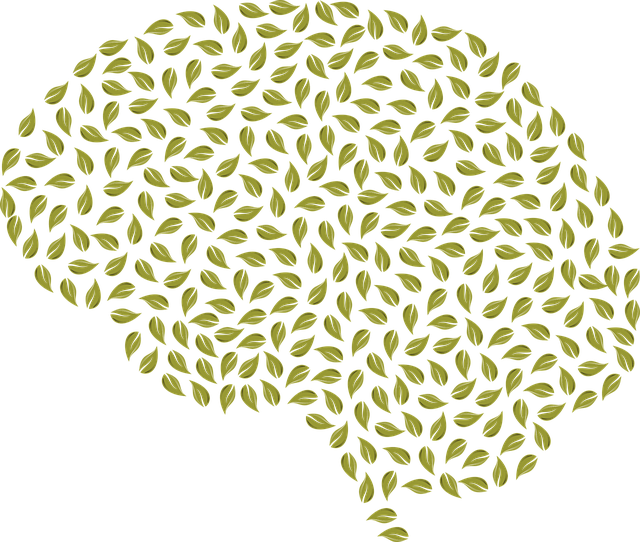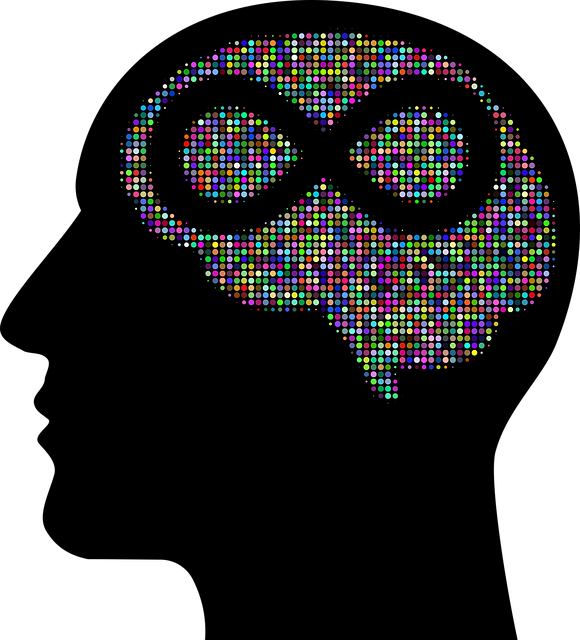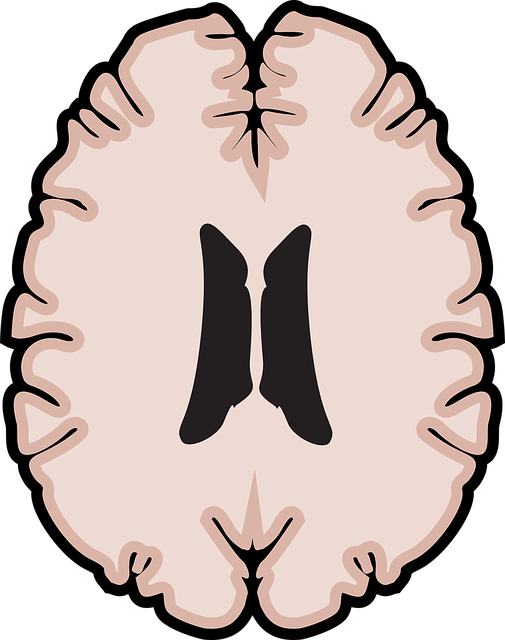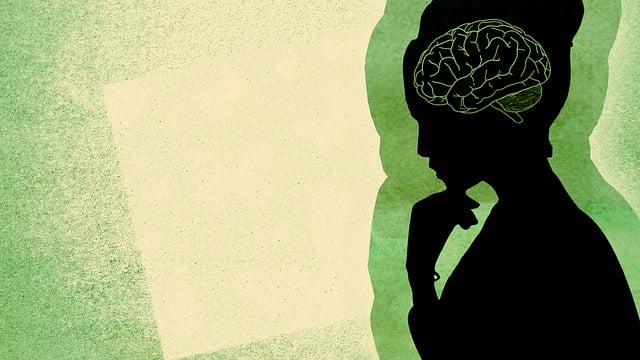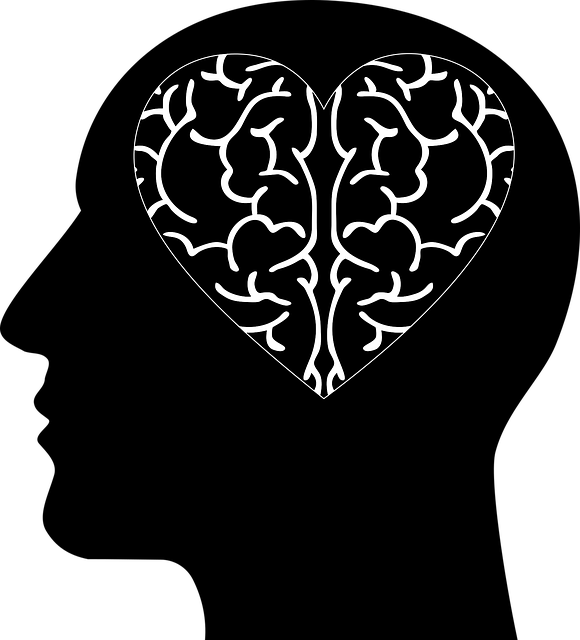Understanding mental health data among elders requires recognizing unique challenges and using diverse information sources. Age-related cognitive changes impact data accuracy, necessitating empathetic interpretation strategies. The spiritual-religious aspects of mental health are often overlooked but significantly influence well-being. Incorporating these dimensions into therapy enhances coping skills and overall well-being in elders. Interpretation techniques like cluster analysis and thematic analysis help uncover meaningful patterns from large datasets, enabling targeted interventions tailored to diverse populations, including those facing spiritual-religious challenges. Tailoring therapy strategies based on personal faith and values, coupled with policy advocacy, ensures equitable access to specialized care for elders' spiritual-religious issues.
Mental health data analysis offers a powerful tool to understand and address the unique challenges of elderly individuals. This article delves into crucial aspects, starting with understanding the collection and diverse sources of mental health data specific to elders. We explore spiritual-religious dimensions that play significant roles in their mental well-being. Through advanced interpretation techniques, patterns emerge, revealing insights for tailored therapy strategies. By integrating these findings, healthcare professionals can develop effective interventions, including addressing spiritual-religious issues, to enhance the quality of life for elderly clients.
- Understanding Mental Health Data: Collection and Sources for Elders
- Spiritual-Religious Dimensions in Elderly Mental Health Analysis
- Interpretation Techniques: Uncovering Patterns and Insights
- Applying Therapy Strategies Based on Data Interpretation for Elderly Individuals with Spiritual-Religious Issues
Understanding Mental Health Data: Collection and Sources for Elders

Understanding Mental Health Data among Elders involves recognizing the unique challenges and sources of information specific to this demographic. Collectible data can include medical records from hospitals and clinics, surveys conducted by community organizations, and even self-reported accounts from seniors themselves. It’s crucial to consider the potential for age-related cognitive changes that might influence data accuracy, requiring special empathy building strategies when interpreting results.
One significant aspect often evident in elder populations is the interplay between mental health and spiritual-religious issues. Many seniors find therapy for spiritual-religious concerns helps them develop coping skills, enhancing their overall well-being. By integrating these perspectives during data analysis, researchers can gain deeper insights into the psychological landscape of elders, potentially leading to more effective interventions and support strategies that boost confidence in this vulnerable group.
Spiritual-Religious Dimensions in Elderly Mental Health Analysis

The spiritual and religious dimensions of mental health are often overlooked when analyzing the elderly population, yet they play a significant role in their overall well-being. As people age, their faith and spiritual practices can either act as a source of comfort and resilience or contribute to feelings of isolation and depression. Incorporating these aspects into therapy for elders is essential for comprehensive mental health care. Understanding an individual’s religious beliefs and spiritual practices can help healthcare providers tailor interventions to address specific issues like anxiety relief or depression prevention, ultimately enhancing their quality of life.
When addressing mental wellness in the elderly, therapists should create a safe and non-judgmental space for individuals to explore their spiritual-religious dimensions. This may involve incorporating religious rituals, meditation practices, or discussions about faith into therapy sessions. By doing so, professionals can help clients navigate their beliefs as a means of managing stress, finding purpose, and fostering connections within their communities. Such an approach not only supports depression prevention but also promotes overall mental wellness by addressing the holistic nature of human experiences.
Interpretation Techniques: Uncovering Patterns and Insights

Interpretation techniques play a pivotal role in mental health data analysis, allowing researchers and professionals to uncover meaningful patterns and gain valuable insights from large datasets. By employing sophisticated statistical methods, they can identify trends, correlations, and outliers within specific demographics, such as elders experiencing spiritual-religious issues. This process involves sifting through complex information to reveal hidden connections between various factors, including cultural beliefs, life events, and therapeutic outcomes.
One powerful technique is the utilization of cluster analysis, which groups individuals with similar characteristics, enabling targeted interventions for specific mental health profiles. Additionally, qualitative approaches, such as thematic analysis, can uncover profound insights from textual data, like therapy sessions, where participants share their experiences and perspectives on spiritual-religious practices and their impact on overall well-being. Integrating these interpretation methods into the design of mental health education programs ensures that interventions are tailored to meet the unique needs of diverse populations, fostering more effective mindfulness meditation and communication strategies.
Applying Therapy Strategies Based on Data Interpretation for Elderly Individuals with Spiritual-Religious Issues

For elderly individuals grappling with spiritual-religious issues, mental health data analysis offers a powerful tool for tailoring therapy strategies. By interpreting patterns within individual profiles, healthcare professionals can gain insights into the unique ways in which faith and spirituality impact an elder’s mental well-being. This information is crucial for developing targeted interventions that resonate with their specific beliefs and values. For instance, certain therapeutic approaches, like those incorporating mindfulness practices aligned with spiritual principles, may prove more effective than others.
A robust mental health policy analysis and advocacy framework can further ensure that elders’ access to appropriate therapy for spiritual-religious issues is both equitable and comprehensive. Mind over matter principles, when integrated into community outreach program implementations, can empower seniors to navigate their challenges with resilience. Ultimately, this personalized and inclusive approach fosters a sense of belonging and enhances the overall quality of life for elderly individuals grappling with these complex matters.
Mental health data analysis offers a powerful tool to understand and address the complex needs of elderly individuals, particularly those grappling with spiritual-religious issues. By combining robust data collection from diverse sources, advanced interpretation techniques, and evidence-based therapy strategies, professionals can provide tailored support for elders’ holistic well-being. Integrating spiritual dimensions into mental health care is essential for fostering meaningful connections, enhancing treatment outcomes, and ultimately improving the quality of life for this vulnerable population, focusing specifically on therapy for elders with spiritual-religious issues.
